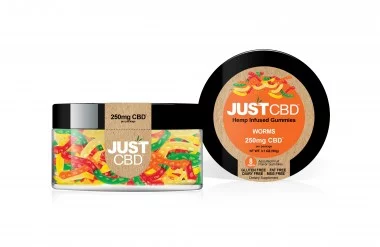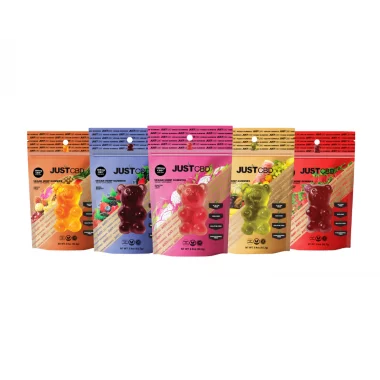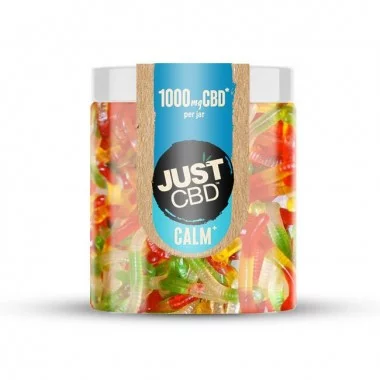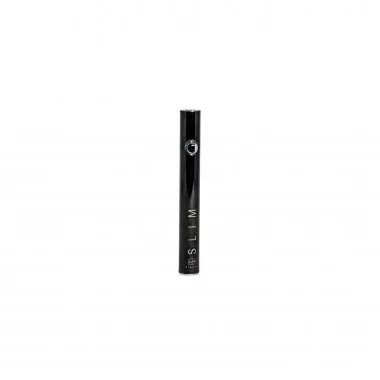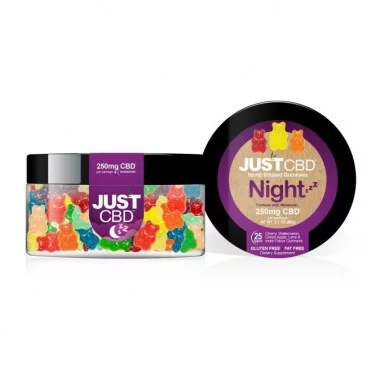What is the difference between CBD and THC?
CBD (cannabidiol) and THC (tetrahydrocannabinol) are two of the main chemical compounds, called cannabinoids, found in the cannabis plant. Although they have a similar chemical structure and interact with the body\'s endocannabinoid system, they have very different effects. The main differences between CBD and THC are:
\n1. Psychoactive effects
\n- THC : THC is the main psychoactive compound of cannabis. It is the cannabinoid responsible for the euphoric or \"high\" effect associated with the use of marijuana. It works by binding to CB1 receptors in the brain. \n
- CBD : CBD is not psychoactive. It does not produce the euphoric effect of THC. CBD can even modulate the effects of THC by reducing the intensity of its psychoactive effects. \n
2. Medical use
\n- THC Medically used for its analgesic, anti-nausea, appetite-stimulator and muscle relaxant properties. It is often prescribed for conditions such as chronic pain, chemotherapy-induced nausea, and muscle spasms. \n
- CBD : Used for anti-inflammatory, anxiolytic, anticonvulsant, antipsychotic and neuroprotective effects. It is prescribed to treat conditions such as epilepsy, anxiety, chronic pain, and certain neurodegenerative disorders. \n
3. Legality
\n- THC The legality of THC varies considerably in the world. In many countries, it is illegal or strictly regulated because of its psychoactive effects. In the United States, for example, the legality of THC varies from state to state. \n
- CBD CBD is generally more widely accepted and legal in many countries, provided it is extracted from hemp containing less than 0.3% THC. However, regulations may vary, and some countries impose specific restrictions. \n
4. Side effects
\n- THC May cause side effects such as anxiety, paranoia, dry mouth, red eyes, and impaired memory and cognitive functions. \n
- CBD Side effects of CBD are generally mild and may include fatigue, diarrhoea, and changes in appetite and weight. CBD is considered well tolerated by most people. \n
5. Interaction with cannabinoid receptors
\n- THC : Directly binds to the CB1 and CB2 receptors of the endocannabinoid system. The activation of CB1 receptors in the brain is what causes the psychoactive effects of THC. \n
- CBD : Do not bind directly to CB1 and CB2 receptors. Rather, it works by modulating the activity of these receptors and influencing other non-cannabinoid receptors, such as serotonin receptors. \n
6. Consumption methods
\n- THC Available as dried flowers (marijuana), oils, edibles, dyes, and sprays. \n
- CBD Available in the form of oils, dyes, capsules, edibles (such as gummies), topical creams, and pet products. \n
Conclusion
\nCBD and THC are two important cannabinoids of the cannabis plant, but they have very different effects on body and mind. THC is psychoactive and can produce euphoric effects, while CBD is not psychoactive and is used primarily for its therapeutic properties. The legality and medical applications of these two compounds vary considerably, and it is important to understand these differences when using or consuming cannabis products.

 Ce que vous devez savoir sur les cartouches pré-remplies au distillat de CBD
Ce que vous devez savoir sur les cartouches pré-remplies au distillat de CBD  Explorer les E-liquides au CBD de JUST CBD avec Hamilton Devices
Explorer les E-liquides au CBD de JUST CBD avec Hamilton Devices  Explorez le Monde des Bonbons Gélifiés au CBD de JustCBD : Variété et Saveurs
Explorez le Monde des Bonbons Gélifiés au CBD de JustCBD : Variété et Saveurs  JustCBD : Une Marque de Confiance pour des Moments de Détente
JustCBD : Une Marque de Confiance pour des Moments de Détente  Découvrez le PB1 de Hamilton Devices
Découvrez le PB1 de Hamilton Devices 